Migraine Headaches
Migraines are a type of headache that are severe, usually affect one side of the head and create a pulsing/pounding sensation in the patient. Migraine causes are not generally well understood at this current time.
Symptoms of migraines may appear one or two days before a migraine will present. These include: mood changes, neck pain, increased thirst and urination and yawning.
Migraine Headaches
Migraines are a type of headache that are severe, usually affect one side of the head and create a pulsing/pounding sensation in the patient. Migraine causes are not generally well understood at this current time.
Symptoms of migraines may appear one or two days before a migraine will present. These include: mood changes, neck pain, increased thirst and urination and yawning.
TMD
Temporomandibular Joint Dysfunction, or TMD, is a classification of mechanical dysfunction involving the Temporomandibular Joint (TMJ). The TMJ is the joint that allows for open and closing of the jaw.
The most common cause for this limited or altered range of motion of this joint is due to the position of what is known as the articular disc. When the forward slide or translation is blocked there may be painful or pain-free clicking along with limited range of motion.
Rotator Cuff / Shoulder Pain
A rotator cuff tear is a very common issue within the United States, more than 3 million cases per year. The rotator cuff is a tear in the tissues connecting muscle to the bone (tendons) around the shoulder joint.
This injury could be very irritating considering it depletes your shoulders full range of motion, makes your shoulder feel weaker, and if you play sports it could make it hard for you to throw in any type of way. Thankfully, this injury is usually easy to fix- all you need is rest, ice, and physical therapy.
Elbow Pain
Elbow pain is a common complaint of athletes, individuals who play tennis, golf or bowl, or persons who have suffered a collision or traumatic injury. Elbow pain can be excruciating! There are three specific elbow pain related conditions.
Back Pain
Discomfort occurring anywhere in the spine or back. Very common and can be caused by a lot of things. You may have lifted something too heavy, hurt it during sports, twisted awkwardly, strained a muscle, etc. Either/or – here at FPTW we can treat any type of back pain or issues. We will get to the bottom of this injury and have you rehabilitated as quick as possible.
Hip Bursitis
The hip joint is a ball and socket joint, which allows for a large range of motion, which creates the possibility for instability and other conditions.
Hip bursitis has risk factors that may increase the likelihood of experiencing the symptoms. These risk factors include overuse of the hip, any trauma to the hip including a fall, bone spur or calcium deposit or leg length discrepancy.
ACL/MCL
Anterior Cruciate Ligament (ACL) tears are a very common injury to the young athlete. We see more of these injuries in women due to the anatomical architecture of the lower extremity as it relates to the knee. Approximately two-thirds of all knee injuries are of the non-contact type. At the time of an ACL injury, the patient may hear a loud pop. Additionally, they will feel severe pain and inability to continue activity.
The MCL (medial collateral ligament) is a band of tissue that runs along the inner edge of your knee. Injury to this tissue is often caused by sports, or an awkward twist or motion that could cause the MCL to over-stretch or tear. The MCL is very important, seeing that it helps to keep your knee stable. Most people can tell when their MCL is injured, you feel pain along the edge of the knee, you may have heard a “pop” sound when injuring it, and you may find it hard to walk. Overall, the MCL is not something you should let heal on its own.
Plantar Fasciitis
Plantar Fasciitis is inflammation of the plantar surface of the foot. Plantar Fasciitis is generally more common in females, patients who are overweight or work in a job that requires long periods of time on feet or periods of time walking on hard surfaces. Symptoms usually pain in the bottom of the foot, difficulty walking, tightness in calf musculature, and inability to stand for long periods of time.
General & Neurological Conditions Treated
Arthritis / Multiple Sclerosis / Parkinson's Disease / Stroke
Although PT may not be able to cure your neurological condition completely, we will certainly be able to relieve symptoms, reduce limitations in ROM and strength, and improve function.
Some neurological conditions we can help improve include: ALS, Alzheimer's, Cerebral Palsy, Epilepsy, Migraines, Parkinson's, Strokes, Multiple Sclerosis, and Muscular Dystrophy. Please call and ask us if we cover your condition if you do not see it included here.



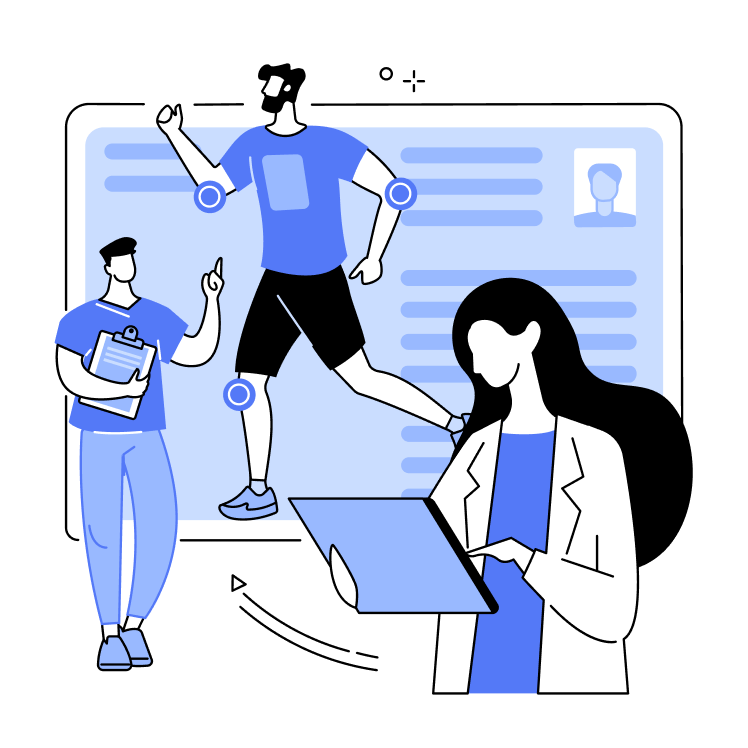



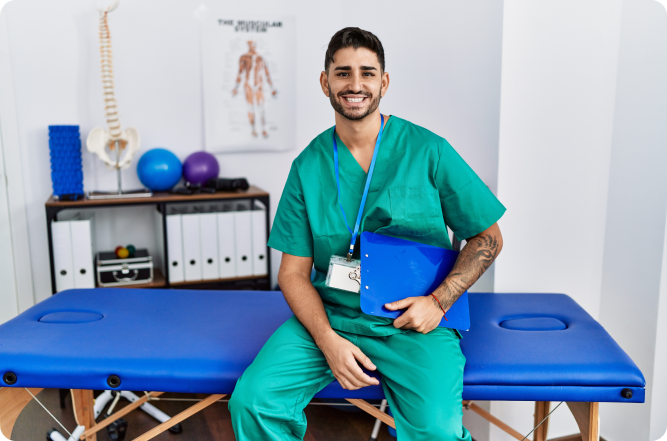


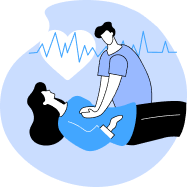



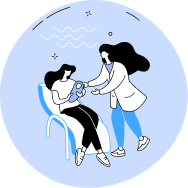



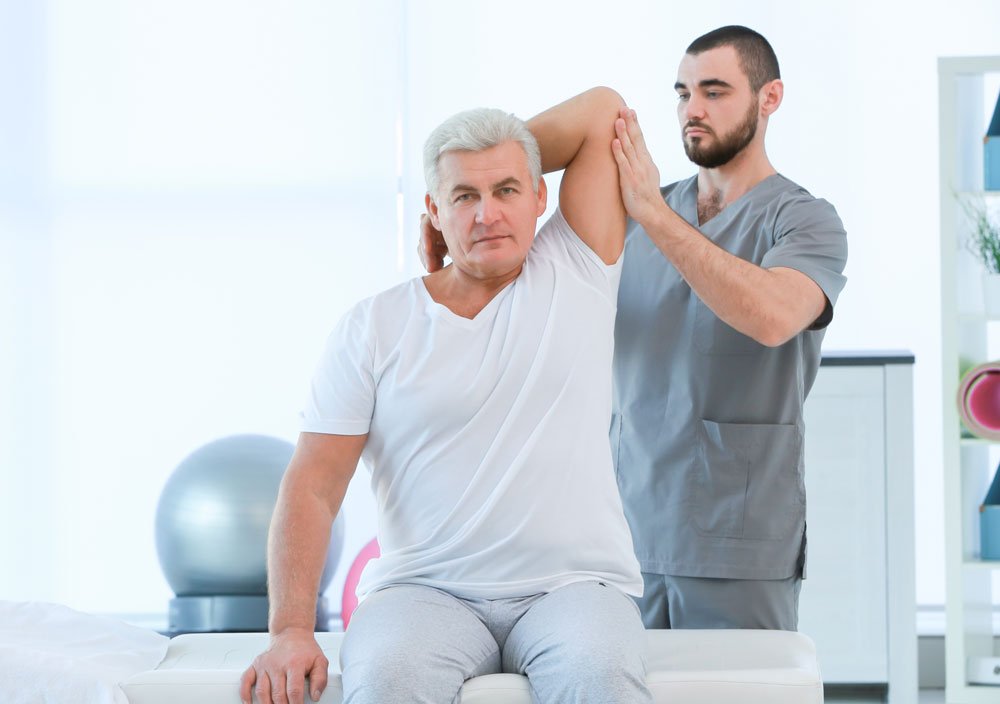
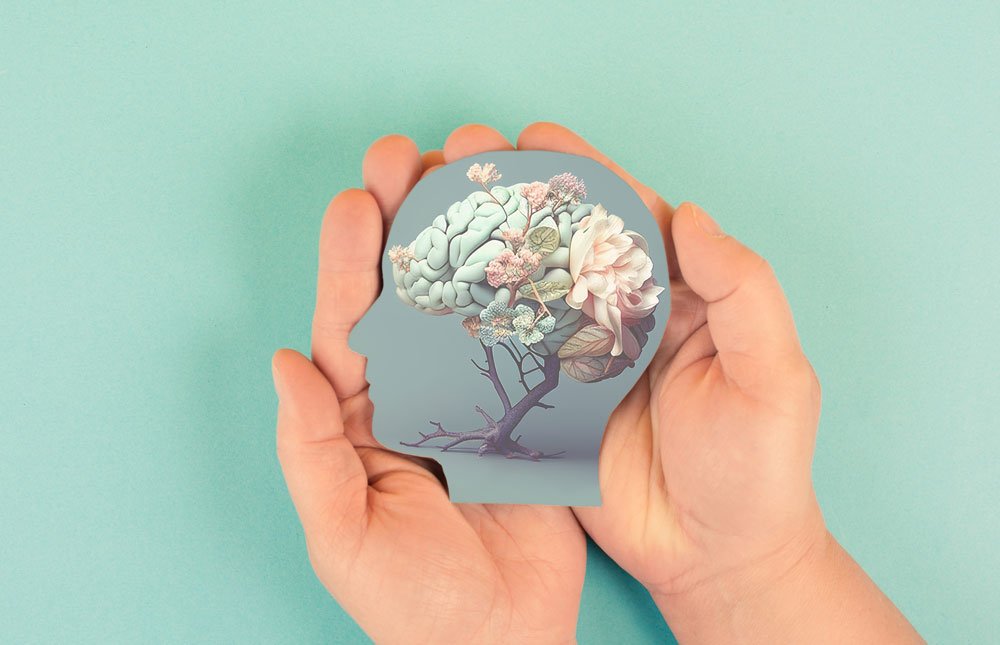




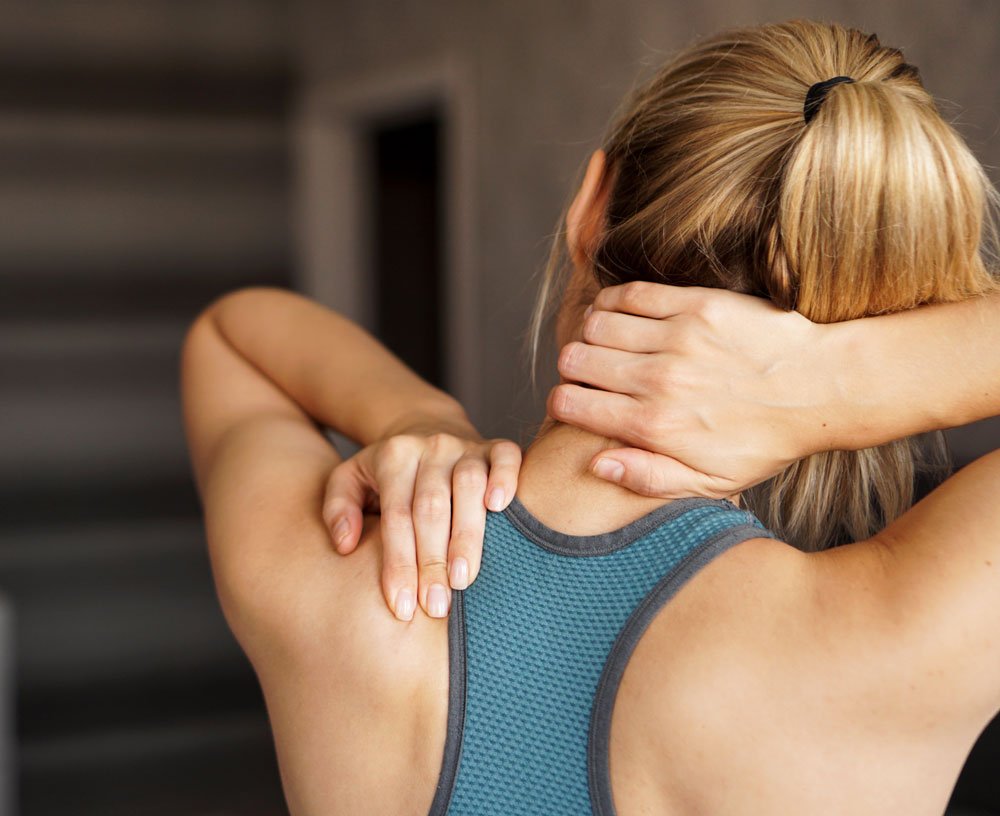
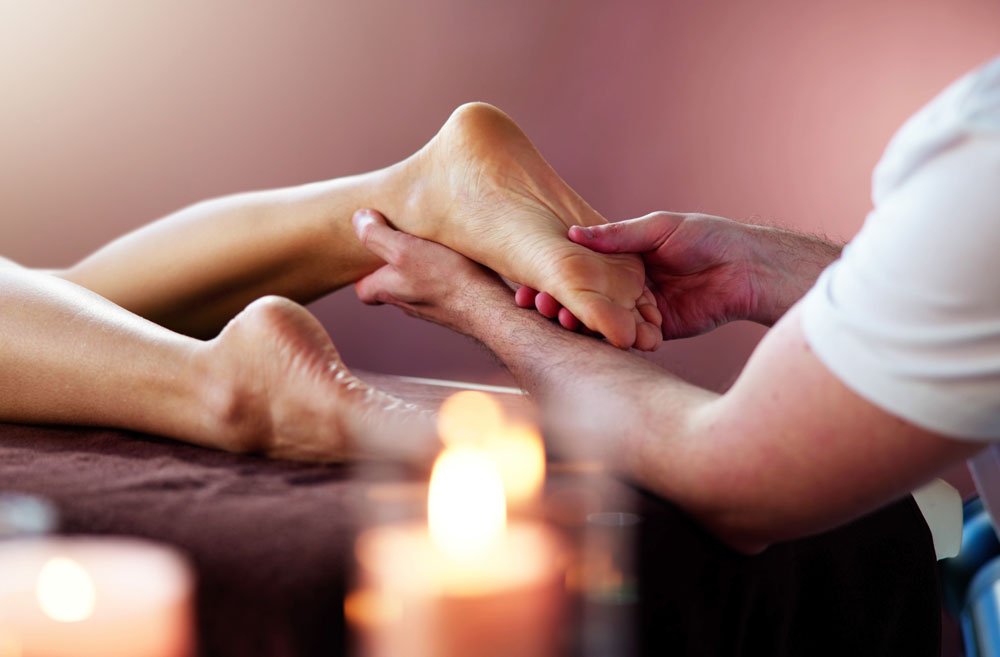











 Phone:
Phone: Email:
Email:


